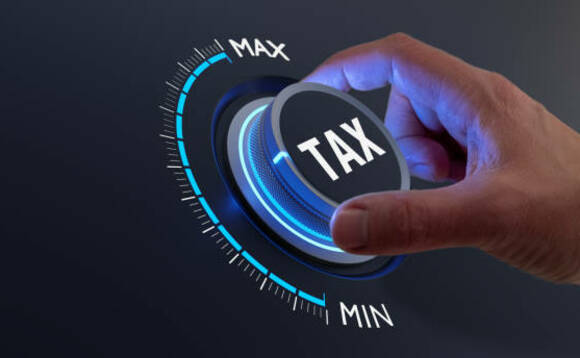Fresh data from HMRC shows that pension tax overpayment refunds "continue to be sky high" moving through the first quarter of 2023 to reach £48,550,827.
Jon Greer, head of retirement policy at Quilter, said: "This is more than double the £22 million repaid in Q1 last year. This huge increase in the number of claim forms processed demonstrates the continued necessity for people to access their pension funds amidst the intensifying cost-of-living crisis impacting day-to-day financial situations. Unfortunately, this system leads to prolonged waiting periods for people to receive their full expected amount at a time when they need it more than ever.
"The ongoing cost-of-living crisis is exerting significant pressure on personal finances, and it is likely that more people will need to access their pension savings in the coming months to make ends meet."
Greer continued: "For Q1, the average tax refund per saver was £3,062. This problem stems from a peculiarity in the PAYE system when individuals begin withdrawing money from their pension as they are not taxed using the correct tax code.
"It's also worth bearing in mind that these stats don't show the number of people who don't make an in year reclaim; thus waiting for an automatic repayment after the end of the tax year in question. The issue is therefore much bigger than reported in these statistics."
"For anyone looking to access their pension flexibly, it may be worth consulting a professional financial adviser who can help reduce the risk of paying excessive upfront taxes. For instance, by making multiple smaller pension withdrawals rather than a single lump sum.
"This can ensure that most of the withdrawal utilises an updated tax code, preventing emergency taxation on the full amount.
"This system clearly needs a rethink as these ever increasing figures do not point to a process that is working well."
Andrew Tully, technical director, Canada Life also commented: "The latest HMRC numbers just show how complex the tax position around pension withdrawals is. Eight years on from the introduction of the pension freedoms there must be a better way to administer the tax position around flexible pension withdrawals which would mean HMRC is not processing refunds to the tune of £1bn.
"A good tip for those customers making a pension withdrawal for the first time, is to initiate a small withdrawal of say £100. That will generate a tax code from HMRC which the pension provider will apply to any subsequent withdrawals. That will result in the tax being taken at source being far more accurate in many more cases, not only reducing the burden of paperwork but equally importantly the customer receiving a more accurate withdrawal in the first place."
In total, HMRC has re-paid the following:
|
||||||||||||||||||||
While Tom Selby, head of retirement policy at AJ Bell, said: "It is astonishing that over £1 billion has now been reclaimed by savers overtaxed on pension withdrawals since the retirement freedoms were introduced in 2015.
"It is a scandal that government has failed to adapt the tax system to cope with the fact Brits are able to access their pensions flexibly from age 55, instead persisting with an arcane approach which hits people with an unfair tax bill, often running into thousands of pounds, and requires them to fill in one of three forms if they want to get their money back within 30 days."
He continued: "These recent figures also suggest the number of people accessing their pensions is on the rise as the cost-of-living crisis continues to eat into people's living standards. In fact, the £48 million repaid to people in January, February and March this year was the second highest figure on record, coming off the back of £45 million that was repaid in the previous quarter.
"While it is good news that these people have at least received the tax they are owed, depressingly the true overtaxation number will likely be substantially higher. In particular, people on lower incomes who are less familiar with the self-assessment process might be less likely to go through the official process of reclaiming the money they are owed. As a result, they will be reliant on HMRC putting their affairs in order.
"Those who flexibly access their retirement pot as a result of spiralling inflation at least have some breathing room to rebuild their pensions after Chancellor Jeremy Hunt hiked the money purchase annual allowance from £4,000 to £10,000.
"This is still a substantial reduction on the standard £60,000 annual allowance available to those who haven't accessed their pension flexibly, but it at least gives people a fighting chance of getting their retirement plans back on track when this crisis abates."





